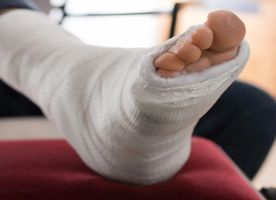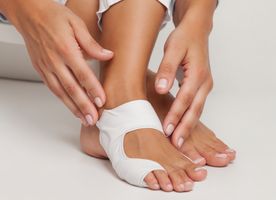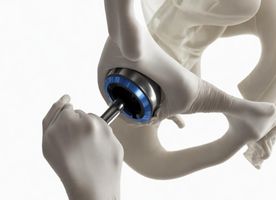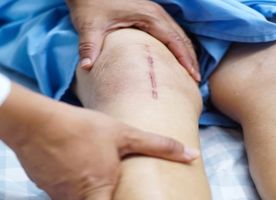Orthopedics in Thailand
Search and Compare the Best Clinics and Doctors at the Lowest Prices for Orthopedics in Thailand
Sikarin Hospital





Orthopedics at Sikarin Hospital in Bangkok, Thailand
Bangkok Hospital Phuket





Orthopedics at Bangkok Hospital Phuket in Phuket, Thailand
Bangpakok 9 International Hospital





Orthopedics at Bangpakok 9 International Hospital in Bangkok, Thailand
Thonburi Bamrungmuang Hospital





Orthopedics at Thonburi Bamrungmuang Hospital in Bangkok, Thailand
Bangkok Hospital Bangkok





Orthopedics at Bangkok Hospital Bangkok in Bangkok, Thailand
Dentajoy, Pin Klao





Orthopedics at Dentajoy, Pin Klao in Bangkok, Thailand
Dentajoy, Ramintra





Orthopedics at Dentajoy, Ramintra in Bangkok, Thailand
Dentajoy, Chaeng Wattana





Orthopedics at Dentajoy, Chaeng Wattana in Bangkok, Thailand
Dentajoy, Bangna





Orthopedics at Dentajoy, Bangna in Bangkok, Thailand
Dentajoy, Thonglor 2nd floor





Orthopedics at Dentajoy, Thonglor 2nd floor in Bangkok, Thailand
Dentajoy little walk, pattaya





Orthopedics at Dentajoy little walk, pattaya in Pattaya, Thailand
Dentajoy, Seacon Square





Orthopedics at Dentajoy, Seacon Square in Bangkok, Thailand
Dentajoy, Rama 2





Orthopedics at Dentajoy, Rama 2 in Bangkok, Thailand
Dentajoy, Thonglor 1st floor





Orthopedics at Dentajoy, Thonglor 1st floor in Bangkok, Thailand
Mission Hospital Bangkok





Orthopedics at Mission Hospital Bangkok in Bangkok, Thailand
Clinic Khunmor





Orthopedics at Clinic Khunmor in Chiang Mai, Thailand
Kasemrad Sriburin Hospital





Orthopedics at Kasemrad Sriburin Hospital in Chiang Rai, Thailand
Samitivej Sukhumvit Hospital





Orthopedics at Samitivej Sukhumvit Hospital in Bangkok, Thailand
Bangkok Medical Lab, Charansanitwong





Orthopedics at Bangkok Medical Lab, Charansanitwong in Bangkok, Thailand
Piyachart Clinic, Bang Bua Thong





Orthopedics at Piyachart Clinic, Bang Bua Thong in Nonthaburi, Thailand
Our partner clinics in Thailand are accredited by the following associations












































































































































No Time?
Tell us what you're looking for and we'll reach out to the top clinics all at once
WHY US?












































































































































No Time?
Tell us what you're looking for and we'll reach out to the top clinics all at once










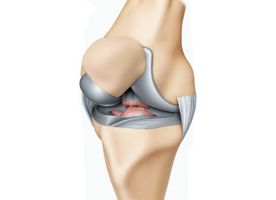
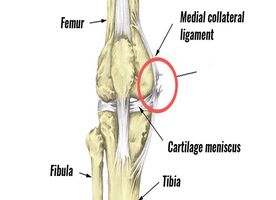
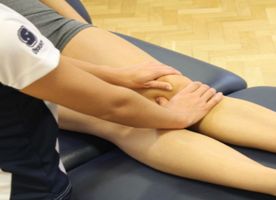



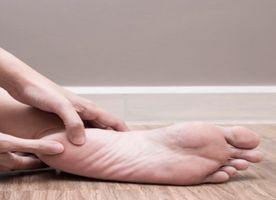


Orthopedics is a branch of medicine that deals with the conditions involving the musculoskeletal system, including the muscles, bones, joints, ligaments, and tendons. A doctor who specializes in orthopedics is called an orthopedist. The musculoskeletal conditions that orthopedists can treat may be present from birth or occur as a result of injury or age-related wear and tear. Some of the most common conditions that an orthopedist can treat are as follows:
- Bone fractures
- Joint pain from arthritis
- Back pain
- Neck pain
- Soft tissue, including muscles, ligament, and tendon, injuries
- Shoulder pain and problems, such as bursitis
- Worn out and sports injuries, such as meniscus tears, anterior cruciate ligament (ACL) tears, and tendinitis
- Congenital conditions, such as scoliosis and clubfoot.
Orthopedists can conduct diagnostic tests, including physical examinations and X-rays. They use both surgical and nonsurgical approaches to treat a wide range of musculoskeletal issues. The procedures performed by orthopedists include, but are not limited to:
- Total joint replacement
- Knee ligament surgery, including knee arthroscopy
- Shoulder arthroscopy
- Carpal tunnel release
- Fracture repair surgery
- Spinal fusion
- Hip replacement
- LaminectomyFracture repair surgery, including repair of the ankle, the femoral neck, and trochanteric fracture
- Bone grafting surgery
- Osteotomy
- Herniated disk surgery
- Debridement of muscle, bone, or fracture.
How Long Should I Stay in Thailand?
Depending on the condition for which you were treated and the type of treatment you underwent, you may be able to leave the hospital the same day or the day after surgery. In general, you should wait at least 4 to 7 days before you travel home for most surgeries. This is because surgery can affect your ability to tolerate turbulence. After total hip replacement, it is recommended that you take it very easy for around 3 months to minimize the risk of hip dislocation. During your stay in Thailand you will need to attend several follow-up checkups where your orthopedist will monitor your healing and remove any stitches (if necessary).
What's the Expected Recovery Time?
Several factors determine your recovery period, including your overall health, the reason you needed an orthopedic treatment, and the type of treatment you had. Your orthopedist will give you a detailed post-operative plan, including when you can go back to your normal routine and work. The recovery period takes approximately 2 weeks to 3 months.
What Aftercare is Required?
Make sure to follow your orthopedist direction after treatment. In most cases, you will need to attend rehabilitation, such as physical therapy and occupational therapy, which you can do at a facility in your home country or have home visits from a physical therapist. The goal of physical therapy is to increase your range of motion, improve function, and to regain your strength and ability.
What's the Success Rate?
The advancement of orthopedics and a deeper understanding of the musculoskeletal system have made orthopedic treatments safer and highly successful. For example, over 95% of patients who had total hip replacement experience relief from hip pain. However, while orthopedics surgery generally does not cause major risks, you still need to be aware that complications can occur, such as infections, blood clots, blood vessel damage, bone fracture, and joint stiffness.
Are there Alternatives?
There is typically no other alternatives than seeing an orthopedist if you experience any problems in your bones, muscles, joints, ligaments, and tendons. However, depending on your condition, you may be able to undergo acupuncture, home exercise programs, and other alternative treatments.
This information has been accurately sourced and verified by a medical professional for its accuracy, however, we strongly recommend you to consult with your doctor before pursuing medical procedures overseas.










